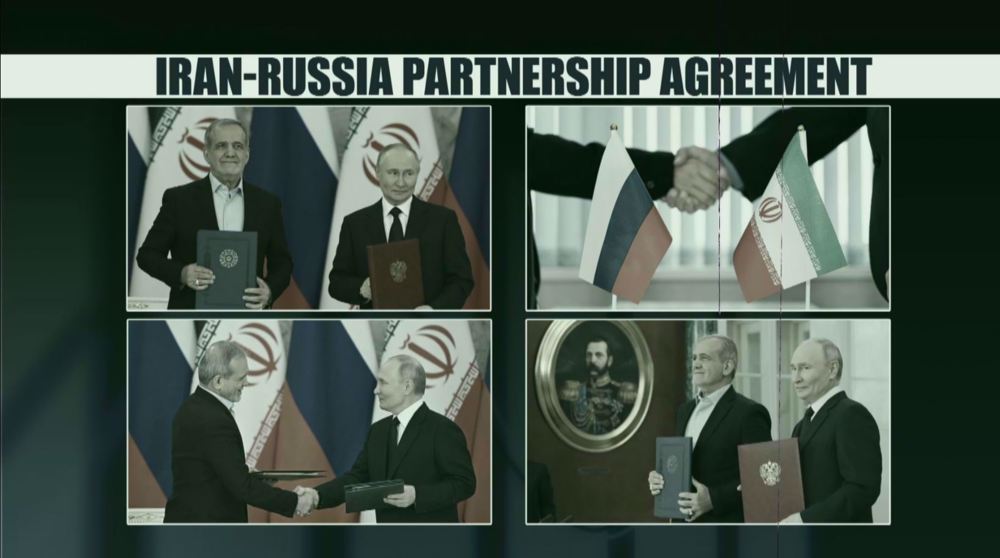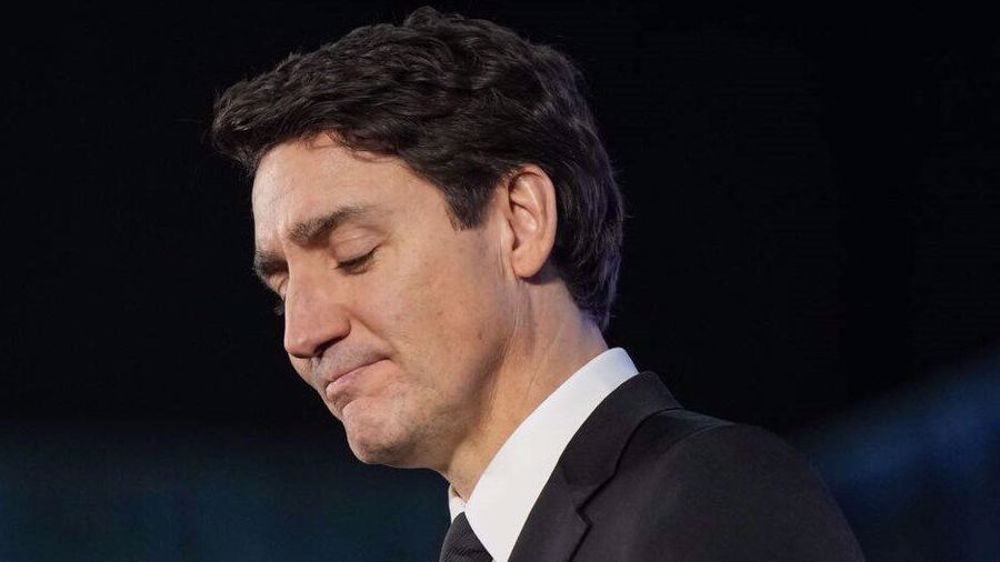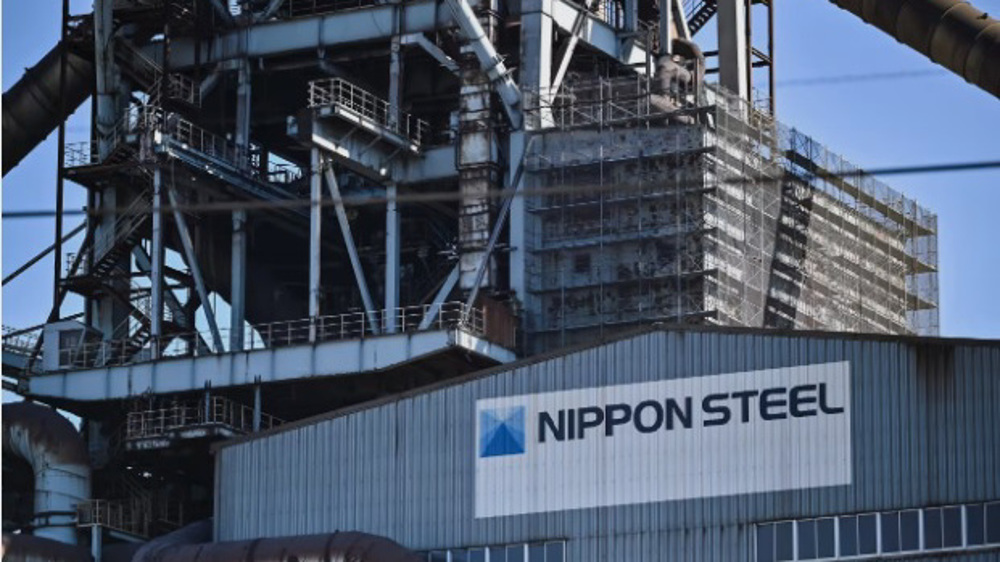Iraqi Kurdistan: No secession, end of Barazani and a new beginning
Before the controversial vote, Iraqi Kurdistan semi-autonomous region was going through a financial crisis due to a decrease in the global oil price and insecurity plaguing the region.
Some one-and-a-half million displaced people fleeing the fighting in Syria and Iraq arrived in Kurdistan in 2015. That translated into a 30 percent spike in the population of the region, leading to huge extra stresses on local services like water and education.
Kurdistan which pumped over half a million barrels of oil a day in 2016 is largely dependent on its oil revenues. And the Kurdish leadership’s secession drive has cost the oil-rich region dearly.
As a result, Baghdad imposed a ban on direct international flights to the Kurdistan region and called for a halt to its independent crude oil sales.
Iran and Turkey which share borders with Kurdistan also adopted punitive economic measures. To ship its rich crude reserves to world markets, the area relies on a pipeline to the Mediterranean port of Jeyhan in Turkey.
Ankara threatened potentially crippling restrictions on oil trading with Iraqi Kurds after they backed secession from Iraq.
Most oil that flows through a pipeline from Iraq to Turkey comes from Kurdish sources and a cut-off would severely damage the Kurdish Regional Government.
Iraqi Prime Minister Haider al-Abadi's office said he had been told by Turkish Prime Minister Binali Yildirim in a call that Turkey would break with past practice and deal only with the Baghdad government when purchasing oil from Iraq.
Kurdish officials, however, say they can withstand an economic blockade because they are self-sufficient in terms of power generation and fuel supply, and they also have fertile agricultural land.
They also say that three quarters of the trucks that cross the Turkish border are heading to territory controlled by Baghdad rather than to the Kurdish region, so the Turkish and Iraqi economies would suffer from any blockade.
The other major problem is the region’s heavy reliance on imports, which account for some 80 to 90 percent of goods. The region produces significant amounts of cement, steel, and wheat, but little else.
Companies linked to Israeli settlements invest in Spain tourism
Hamas releases four Israeli soldiers captured in Oct. 2023
Hamas: Operation al-Aqsa Flood ‘preemptive strike’ on Israel
US under Trump cuts all foreign aid except to Israel, Egypt
Iran rejects 'baseless' Israeli accusation of smuggling arms to Lebanon
VIDEO | Israel turns Rafah hosptials into complete ruins
VIDEO | Companies linked to settlements in Palestinian territories invest in Spain
VIDEO | Islamic Action Front Party condemns aggression on Jenin









 This makes it easy to access the Press TV website
This makes it easy to access the Press TV website